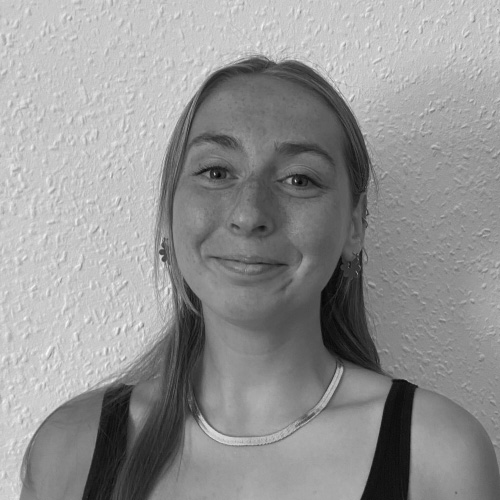THIS WEBSITE USES COOKIES
We use cookies to personalise content, to provide social media features, and to analyse our traffic. By choosing 'allow all cookies', you consent to our cookies.
To find out more, read our privacy policy and cookie policy.

I pursued my four-year studies in Biomedical Science at the esteemed University of Sheffield in the UK. During a placement year at GSK in Stevenage, I excelled as a biomarker analyst, designing and optimising immunoassays for preclinical and clinical studies. My work earned global recognition and a prestigious award.
In my final year, I conducted a lab project on cell-penetrating peptides as a potential cancer treatment. I also authored a comprehensive literature review on extracellular matrix stiffening and metabolic reprogramming in tumour progression. These experiences fueled my passion for understanding the intricate forces behind cancer development and designing effective therapeutics.
Now, I seek to expand my knowledge and delve deeper into the role of mitochondria in cancer progression through a PhD. I am excited about collaborating with diverse labs in academia and industry to drive research advancements.
Join me on this captivating journey as we unravel cancer’s complexities and strive to transform lives with groundbreaking solutions.



In this project, we will identify the metabolic pathways activated during mitochondria-nucleus feedback. We will do so by using different types of stimuli, commonly encountered during tumorigenesis and tumour progression (e.g., nutrient alteration, oxygen levels, induction of oxidative stress). With proteomics and genomics approaches, followed by bioinformatics analysis, we will identify key proteins and their PTMs that occur as a consequence of mitochondrial metabolic alteration.
Funded by the European Union. Views and opinions expressed are however those of the author(s) only and do not necessarily reflect those of the European Union or the European Research Executive Agency. Neither the European Union nor the granting authority can be held responsible for them.
This work is also supported by the UK Engineering and Physical Sciences Research Council [grant number EP/X02735X/1].